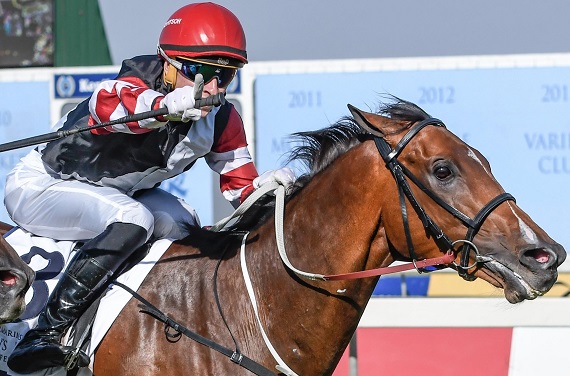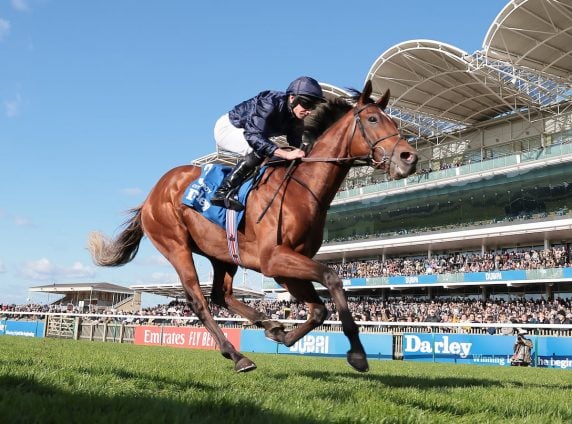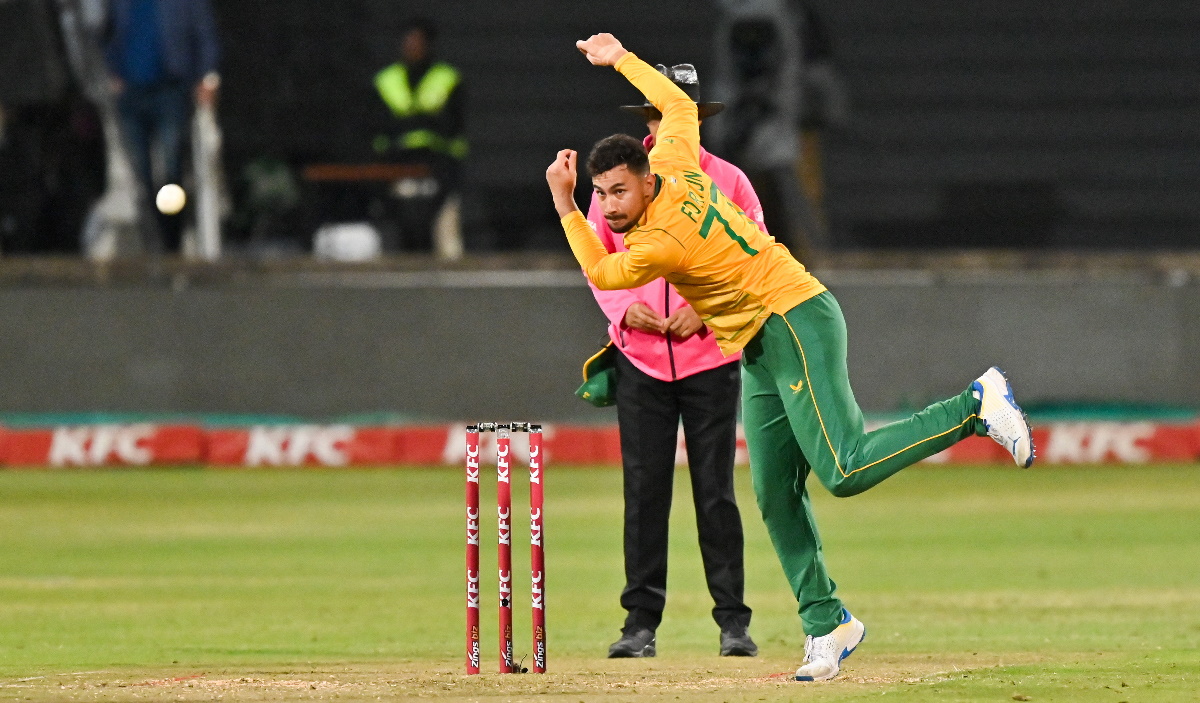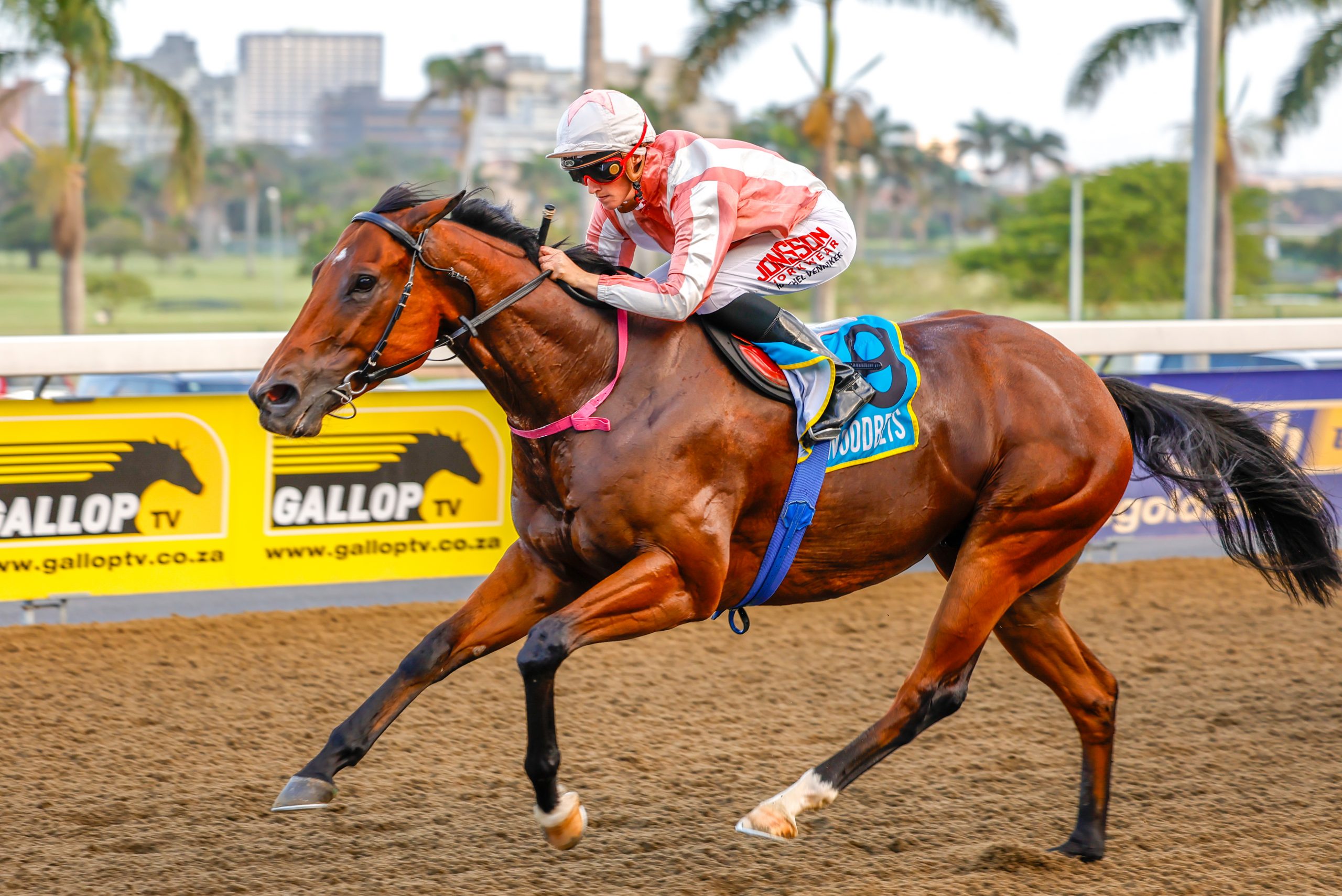Duncan and Natasha Barry’s Riverton Stud has been a nursery of Equus champions for many years.
A relatively small operation, they have achieved a terrific season best of the highest national strike rate of stakes winners with 18% stakes winners/runners!
In collaboration with Sarah Whitelaw, Riverton Stud has sponsored a bi-weekly series of information articles to inform and educate prospective new fans of horseracing.
When purchasing your first horse, it is important to find experienced experts in the form of either bloodstock agents or trainers.

Know a winner when you see one? (Pic – Chase Liebenberg)
To have an enjoyable, and potentially profitable, first experience, you need to feel comfortable with your agent and or trainer.
It is often wise to speak to other owners and ask about their previous experiences in buying and owning racehorses. While not infallible, fellow owners can perhaps give first-timer buyers a solid idea of what to expect and look for with regards to purchasing a thoroughbred.
In other words, do your homework! You won’t invest in the share market without doing your homework would you? If you don’t have time to do your own homework, contact a bloodstock agent who, for a percentage of your purchase, will find a horse for you.
It is also important, when planning to buy a horse, to have a list or goals in mind, in terms of what type of horse you want to buy. Well-bred colts tend to be more expensive than fillies, while fillies also often have greater residual value than their male counterparts. On the other hand, geldings (colts that have been castrated) can race for longer than either colts or fillies, and often prove most reliable on the track.
A first-time owner needs to consider whether he/she wants to buy a precocious two-year-old, a classic horse, a stayer, while deciding whether he/she wants to be either colts or fillies. A colt who wins at the top level on the racecourse can be syndicated to stand as a stallion for millions of rands following his racing career.
As a first-timer buyer, it is essential you have a realistic price range, or budget, set when you attend a sale or ask a trainer/bloodstock agent to buy for you. Horses often make more or less than expected and it is important to be realistic when planning to buy a thoroughbred.
There are a number of variables, which we will discuss in the next articles, which are important to take into account when buying your first thoroughbred.
Kindly brought to you by Riverton Stud – click on the image below to find out more









